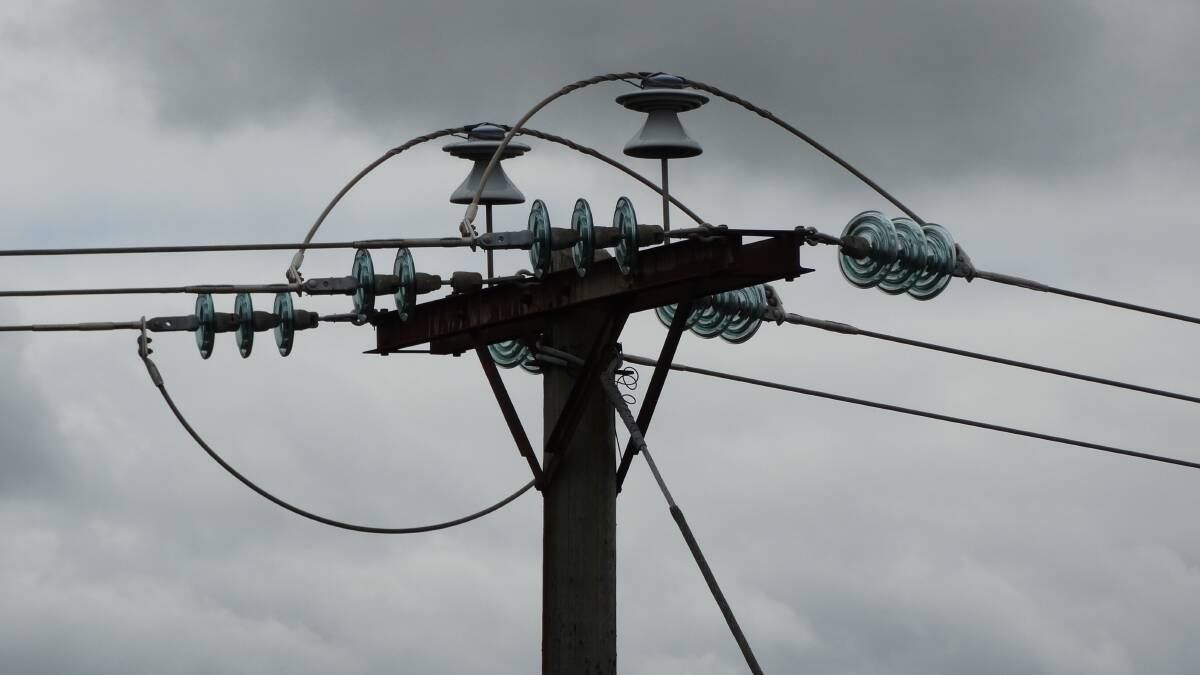
The Finkel report on energy recommended clean, low-emission and renewable power generators receive incentives to enter the national energy market, but did not recommend “prohibitions” to be placed on high-emission energy providers, chief scientist Alan Finkel said in Hobart on Friday, June 9.
Subscribe now for unlimited access.
$0/
(min cost $0)
or signup to continue reading
The Finkel report, which delivered recommendations to national leaders on how to achieve a reliable, cleaner and affordable market over the next 30 years, was published on Friday.
But, while the report takes a long-term view of the future of the national energy market, commentators say it offers nothing for households and businesses struggling in the immediate affordability crisis.
In Inverell, family support organisations were concerned after reports households could face a spike in power prices in the next financial year.
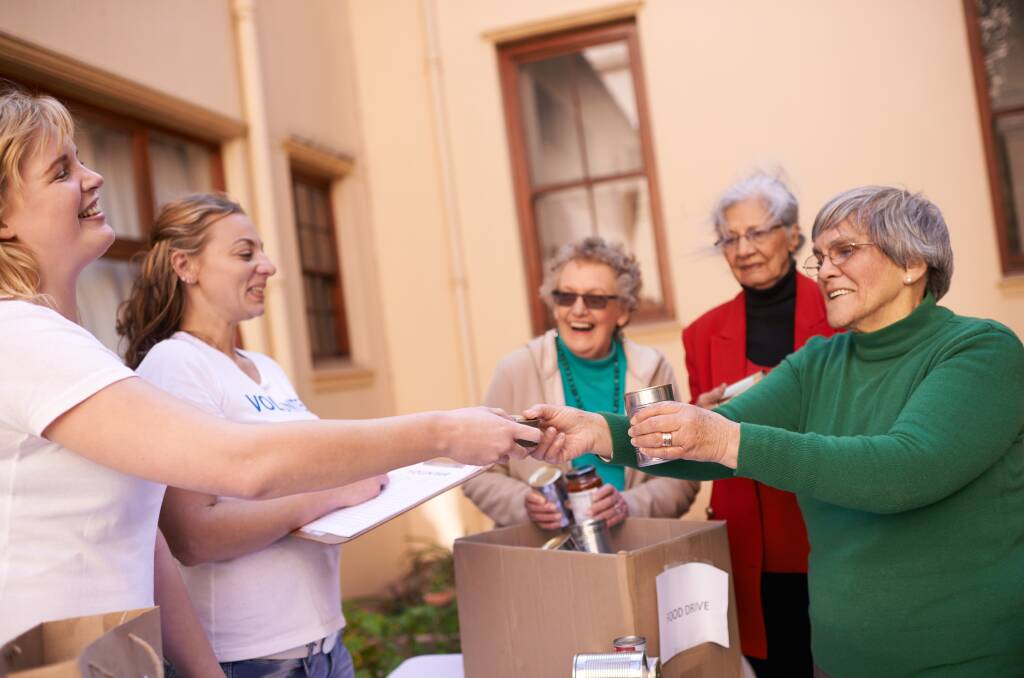
Local people will pay their power bills before they buy food, Inverell Salvation Army captain Robert Mills told the Fairfax Media.
Mr Mills’ comments came ahead of reports speculating power bills were expected to increase by up to 30 per cent as of July 1, with energy providers pouring money into hardship programs to help customers meet payments.
Mr Mills said families will typically cut back on other household needs, like school excursions, while some parents choose to go without food for themselves, to keep the heating on.
New South Wales energy retailers are preparing for the soon-to-be-announced price increases, with speculation it will be as much as 30 percent from July 1, the Sydney Morning Herald reported on Thursday.
The Australian Financial Review has also estimated the price increase could be as much as 30 percent, which could mean average NSW Ausgrid consumers would pay an extra $660 on their power bill in the next financial year.
Electricity prices for NSW AGL customers will increase by around $5.70 per week from July 1 and gas prices will increase by around $1.60 per week, the provider confirmed today.
“The increase experienced by each individual will customer may be substantially different and will be dependent on tariff type, their usage, the area they live in and their existing energy plan,” and AGL spokesperson said in a statement.
Origin Energy said they had not announced price increases and declined to comment further.
Rising energy bills was a considerable challenge for local families struggling to make ends meet, Inverell’s Life Foundations Food Pantry manager Leonie Pearce told Fairfax on Friday.
“We’ve given away about $29,000 worth of government funding into electricity to help people just stay connected,” she said.
“In another couple of weeks, all the winter bills will start coming in and I will have people in my office one after another needing assistance to stay connected.”
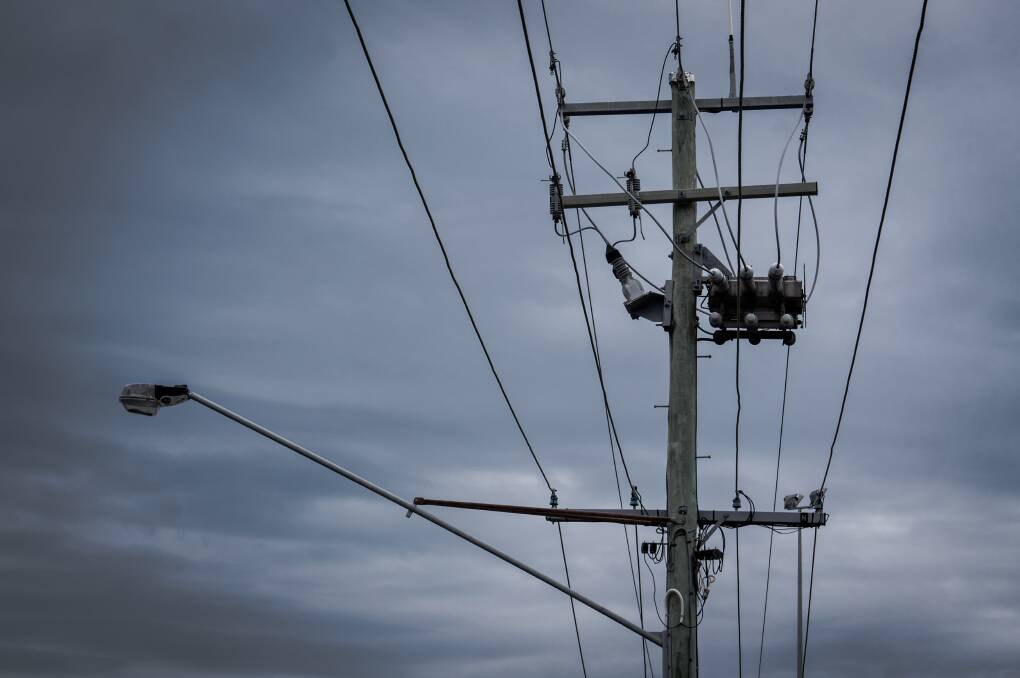
A State Government scheme providing vouchers of $50 to help local families meet their utility bills was launched by Northern Tablelands MP Adam Marshall earlier this month.
“Electricity bills can be a shock to the household budget – but this scheme can help local people stay out of debt and better manage their finances,” Mr Marshall said.
“This service is administered through local community and not-for-profit groups. In addition to their valuable advice, they can provide vouchers of $50. Energy retailers are then required to accept the vouchers, and credit the full value to your bill.
But the NSW Business Chamber slammed the state and federal governments claiming rising energy prices, which were given the green light from a recent federal court decision, were a failure of the government to adjust energy market settings to make electricity and gas services work for consumers.
Of 1000 surveyed businesses, almost 45 percent would be affected by higher energy bills, the Chamber reported
“Across the state, many of these businesses have cited a 50 percent increase in gas costs and a 30% increase in electricity costs since last year, and alarmingly we are starting to see even higher figures emerge” Regional manager Joe Townsend said.
Finkel Energy Report calls for new clean energy target
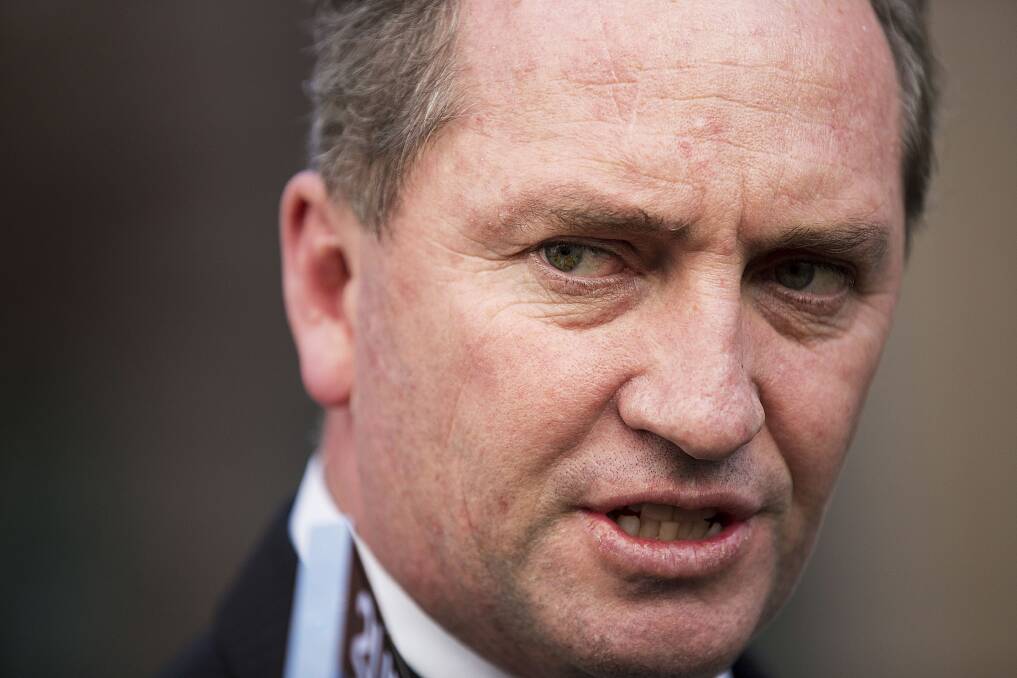
Recommendations from the Finkel report on energy were released on Friday afternoon. The federal government will make the final ruling on whether to commit to a “clean energy target” expected to yield 10 percent lower energy costs over the next 30 years, and around 20 percent lower energy costs for large industrial users.
The report offered long-term direction for the energy market, but was limited on support for households and businesses facing an immediate energy affordability crises, the Chamber of Commerce and Industry Queensland said in a statement on Friday.
The Finkel report has recommended incentives to encourage more low-emission energy generators to enter the market, but chief scientist Alan Finkel said the final report did not place any “prohibitions” on coal as a power source.
Currently, around 13 percent of Australia's energy comes from renewable generators, reports said today.
"In our report, when it comes to different kinds of technology, we have been technology neutral," Dr Finkel said.
“The clean energy target is an incentive to bring in low-emission energy. There is no specific tax on carbon price at all.”
National leaders were united on the need to maintain affordable and reliable energy outputs, Dr Finkel said but he denied that the report was in part a political document.
When asked if the report was a political “in the sense that it is cognisant of the political realities we face at the moment on climate policies”, Dr Finkel said: “I’ll give you a short answer on that: no.”
He said leaders saw the report “as one of the most important issues for them, for their states, going forward”.
"Electricity is key to national security, economic security. Electricity is replete in everything we do in our lives. It has to affordable. It has to be secure, reliable and we need to meet our international obligations.
Dr Finkel said he was “very encouraged” by the response from leaders in Hobart on Friday.
“The enthusiasm from the state energy ministers who I have been consulting with on the report, and the enthusiasm today from the Premiers, ministers and the Prime Minister for the principals we have propagated through the report have been very encouraging.
“Of course, they need time to digest the details. The report was literally published today. The initial response has been very, very positive,” he said.
But Dr Finkel said we should not be concerned with the "mix" of energy generators, but more concerned with the output.
"Don't worry about the input," he told reporters.
Energy generators providing cleaner, low-emission or renewable energy will earn incentives to enter the market, and existing generators will be required to give three years notice before leaving the market if the recommendations from the Finkel report are accepted.
"The lower the emissions relative to a threshold, the bigger the incentive," Dr Finkel said.
"A wind farm coming in would earn a full certificate for being below the threshold. A high-quality gas generator coming in would probably earn about half a certificate depending on where the threshold is set. Coal may on earn a certificate, but there is no prohibition of any kind that prevents that coal from being built."
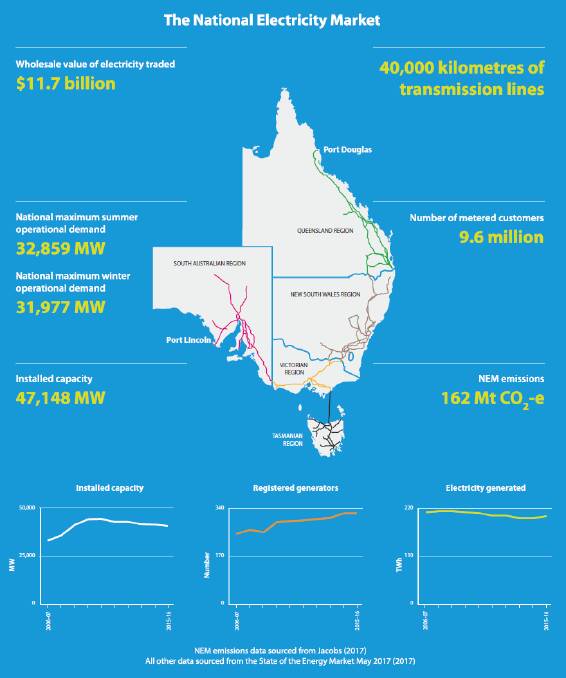
But Dr Finkel noted that the final ruling would be made by the government.
"It is up to the government (but) I think we are providing a very credible input to the government's process," Dr Finkel said.
Deputy Prime Minister Barnaby Joyce told Sky that the "big issue" was that the nation's renewable energy target was "going to be replaced by something".
"I want to make sure we get something so we can build a coal-fired power station, and we have the capacity to do that," Mr Joyce said on Friday morning.
He warned that moving away from coal as a national export item would mean Australians would have to be "prepared to be poorer".
"A lot of people say that, it's almost a religious view that they just don't believe in coal-fired power. Well, you've got the be really careful saying that in Australia, because one of our major exports is coal. And if you take that out of the mix, then how are we going to earn the money?" Mr Joyce said.
Currently, 87 percent of Australia’s energy generation comes from fossil fuels, which scientists say will need to fall considerably to avoid dangerous climate change. Almost 77 percent comes from black and brown coal and 10 percent from natural gas.

